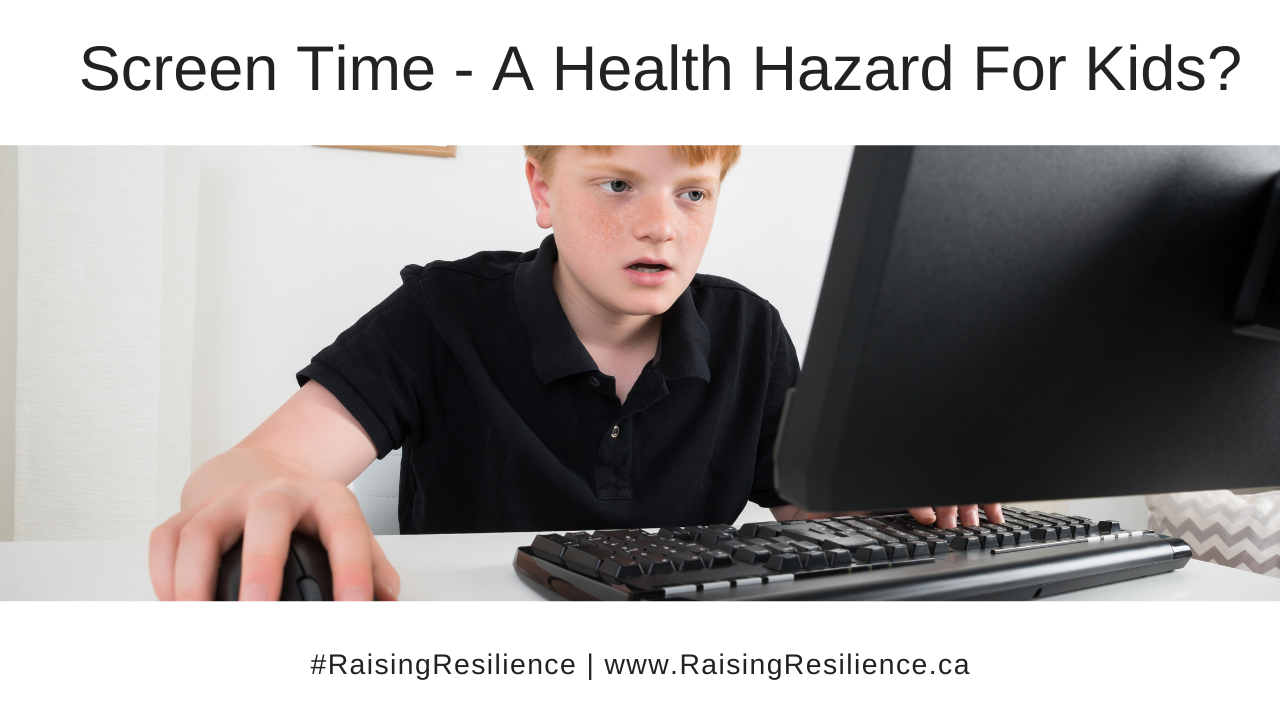Can Screen Time Reduce Resilience?

A recent study showed that preschoolers exposed to 2+ hours of screen time a day were 7.7 times more likely to exhibit ADHD symptoms by age 5 (source).
The overconsumption of technology, coupled with a sedentary lifestyle has created a perfect storm in kids and has resulted in non-Alzheimer’s, dementia-like symptoms.
Seriously. Digital Dementia in kids is a thing.
Yet here we are, in the midst of a pandemic, faced with school closures, online learning and homeschooling. More kids than ever are stuck to screens. So we have a problem.
How do we leverage technology safely so our kids can continue to meet their academic and social needs without experiencing the detrimental side effects on their brains and bodies?
Recently I took part in Dr Krista Burns' Digital Dementia event. She brought together top experts to not only explain why technology can have a negative effect on health but also to fill your toolbox with practical solutions to help your kids learn healthier habits around it.
Listen folks, technology's not going away. But we do have to consider how we're going to use it safely.
My talk during the summit was about how to set boundaries around technology and support resilient health in the digital age.
Here are three other highlights I learned from summit interviews...
- Dr Elisa Song MD explained that the adolescent brain is in as rapid a developmental stage as it was in infancy! This makes teens particularly vulnerable to the stress of technology - just like those 2000 preschoolers in the study. The explosion of anxiety in teens is definitely related to screen time and social media and Dr Song explained why that is from a biological perspective.
- Dr Peter Kan DC explained how screens activate the left hemispheres of our brains which he likened to "the gas pedal". Do you have a child whose brain is like a Ferrari running at top speed with no breaks? Screens could be fuelling that. Activating our left hemispheres not only keeps us alert and potentially agitated, but also stimulates our inflammatory pathways and immune systems. He explained how all of this can contribute to symptoms like ADHD, depression, anxiety and allergies.
- Trudy Scott, CN explained how poor nutrition makes our kids vulnerable to addiction and erodes their stress management systems. This adds to anxiety and can also explain why your child constantly begs for screen time and throws a tantrum when you take away the Ipad. She gave some great strategies for ending that kind of behaviour.
You can access the Digital Dementia Summit interviews here.
It's never before been so important to learn how to teach our kids to engage in technology safely.






